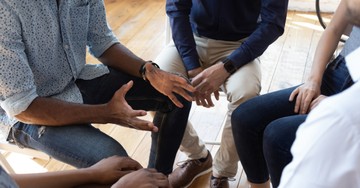4 Important Things to Know about What Privilege Does NOT Mean
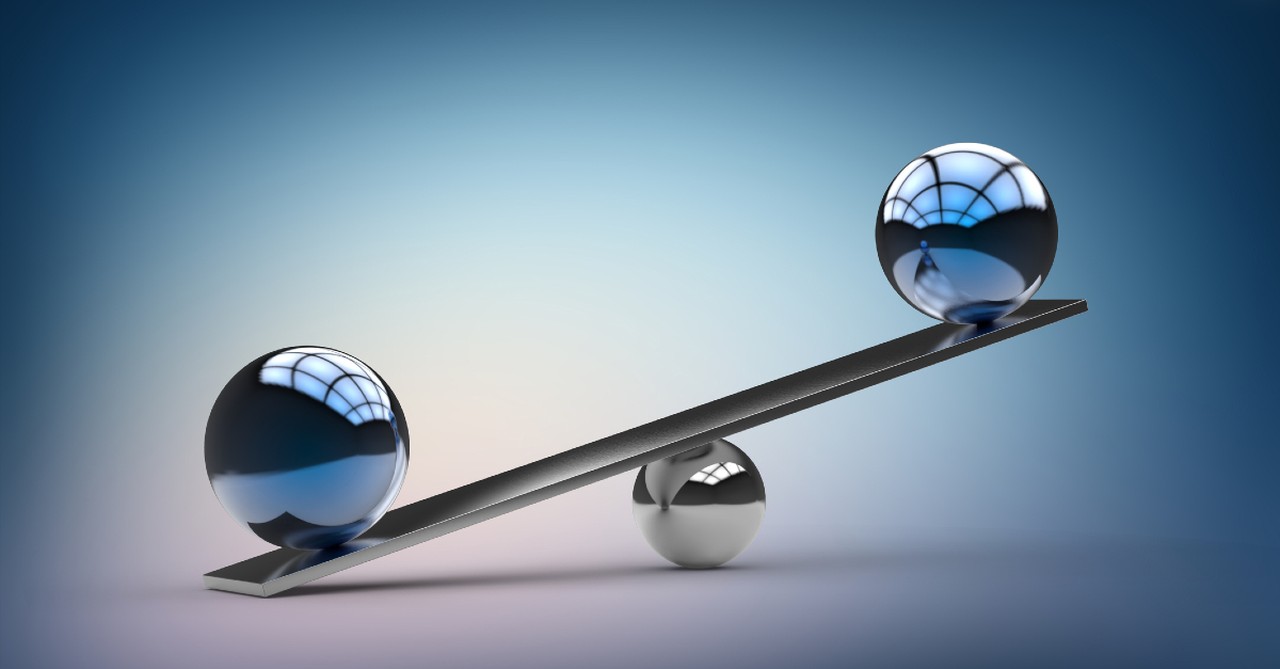
Privilege is defined as “a special right, advantage, or immunity granted or available only to a particular person or group.” It’s something that not everyone has access to. Privilege gives us advantages, special rights, and sometimes even free passes when we fail in certain situations.
Some examples of privilege include white privilege, gender privilege, religious privilege, socio-economic privilege, and privilege that comes with heterosexuality. Privilege in each of these cases gives you an advantage in many situations that you did not necessarily ask for but society has allowed for.
Most of us experience some kind of privilege in our lives. Acknowledging our privilege doesn’t negate your hard work or mean you’ve never faced personal hardship. What it does do is open your eyes to ways we benefit from biased systems and how we can work to make the world a fairer place and bring God’s version of justice to it.
In many countries, white privilege delivers benefits to persons with white skin over people of color. This privilege trumps all the other forms of privilege we see at work in our society.
For example, an impoverished white woman would be privileged by most systems in our country over a male of color with more economic means. Even though the male does have access to privilege because of his gender and elevated economic status, the woman’s whiteness trumps both of those privileges.
Many of us have failed to recognize ways society has been constructed in our favor consequently disadvantaging others. This is why the conversations around raising awareness around privilege are so important!
It is only when we see the ways systems are unfair that we then can become advocates for the brothers and sisters in our communities that lack equal access in our society. Let’s explore what privilege doesn’t mean in our lives, so we can gain a better understanding of what it does mean.
Photo Credit: ©GettyImages/gmaydos
1. Being Privileged Does Not Mean You Are Lazy

1. Being Privileged Does Not Mean You Are Lazy
SLIDE 1 OF 5
Being a part of an advantaged group does not mean that you haven’t worked hard in your lifetime. The recognition of privilege and bias is seeing ways structures in our communities are designed to be less than fair. It is not a judgment about work ethic or ability.
Imagine two runners doing a one-mile race. One is a white man one is a black woman. The white man running works incredibly hard to finish the race, but has the privilege of not having any hurdles in his way. The black woman, however, has all sorts of hurdles and obstacles in her way as she finishes the race. The white man still worked hard—but would have had to work even harder to finish the race.
When we start to name ways a structure or a group's bias is imbalanced we can start advocating for fairness, healing, reform, and justice.
Some privileges in our society are earned ones such as in order to legally drive a car you have to pass a driving test. You have to prove that you are able to safely operate a vehicle before having the right to get behind a wheel. There are many instances in which we have to put out effort or jump through specific hoops in order to gain a particular privilege.
However, there are many other occasions when people are given advantages due to factors that have less to do with merit and more to do with position. In these moments it is so important for us all to consider the context around how or why you have received that advantage.
We must be cognizant of how using that advantage may impact others that lack your same position in society. Is the flip side of your privilege the oppression of others?
As Believers, we have the privilege of salvation solely due to our position of relationship with Jesus. This privilege has nothing to do with our own merits and has everything to do with entering a grace-filled relationship with Jesus. We can be so thankful that God requires nothing more than belief for us to become a part of His great family.
One mandate of our faith is to share access to this spiritual privilege through sharing the message of salvation with others in our lives. Matthew 28:18-19 says, “Then Jesus came to them and said, ‘All authority in heaven and on earth has been given to me. Therefore go and make disciples of all nations, baptizing them in the name of the Father and of the Son and of the Holy Spirit.’” This is the Great Commission that instructs Believers to share our faith with others.
We are given the gift of salvation because God loves us. God also loves the world around us and uses us to share His love with those we come in contact with.
This should be our approach to positional privilege! We should do what we can to freely share it.
We also should be people who work to amend the organizations we are a part of in ways that end systematic bias and unfair advantages for special groups at the expense of others. It is up to us to change structures and be those that bring an end to oppression.
Photo Credit: ©Unsplash Priscilla du Preez
2. Being Privileged Does Not Mean Your Life Has Been Easy
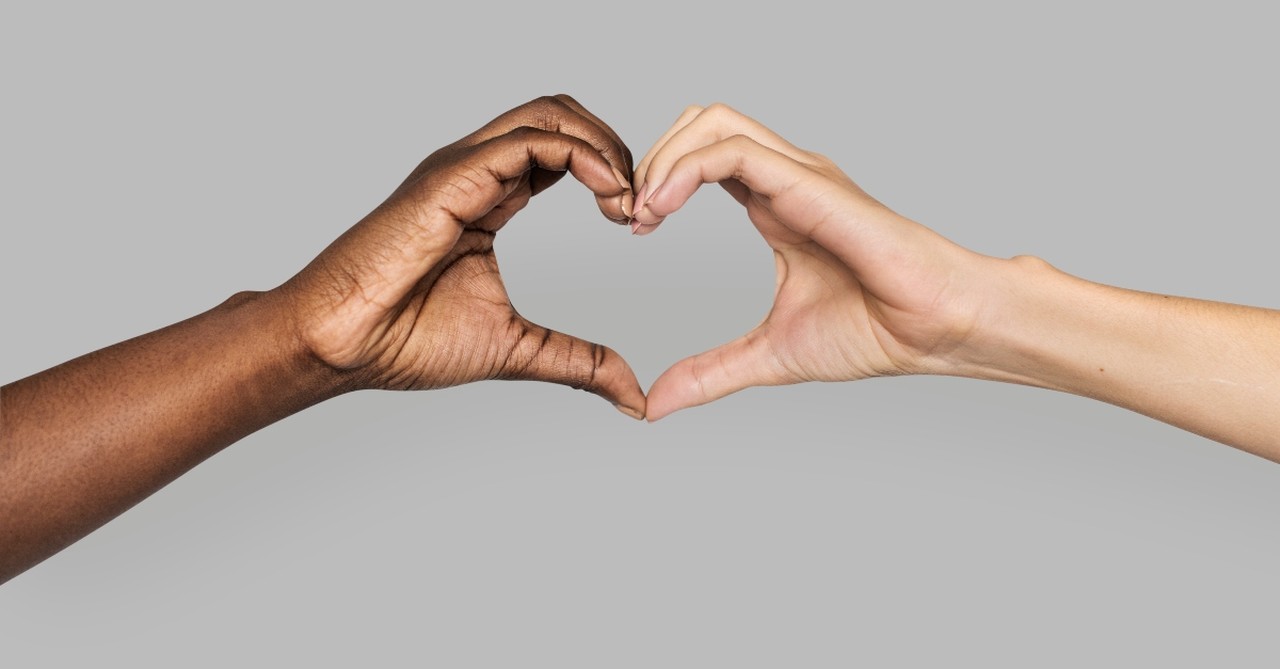
2. Being Privileged Does Not Mean Your Life Has Been Easy
SLIDE 2 OF 5
Being a part of a privileged group does not shield you from hardship, difficulty, or pain. Sadly, no matter who you are, tragedy and loss can be a part of your story. A knee-jerk reaction to the conversation around privilege is to want to compare our pain to others' pain. The Devil wants us to close our ears to the stories of others so we can remain entirely preoccupied with our own wounds.
It makes sense why someone pointing out your privilege would feel like an accusation. Life is hard! Life is hard for everyone. We are all nursing wounds, feelings of rejection, and fighting to be seen. So, to hear that you have privilege can feel like someone is saying that your life has been a breeze, and it makes sense to want to push back on that.
But, that’s just not true. Privilege does not mean your life has been easy—it just means that your privileged skin color or gender or position is not one of the things that has made it harder.
Empathy, awareness, and justice are not about saying my pain matters most but rather is stating that we are all willing to stand with each other. This discussion is not one about pitting groups against one another but rather a conversation that leads to mending the broken spaces in our world.
As Believers, we subscribe to the idea that healing is available for all who come to Jesus. 1 Peter 2:24 says, “He himself bore our sins in his body on the cross, so that we might die to sins and live for righteousness; ‘by his wounds you have been healed.’
God wants to heal you and the pain you have endured. That healing is contagious and should freely spill out of our lives.
As we find freedom through Christ we then gain the space in our hearts to champion the cause of equity and justice for our brothers and sisters in Christ. Instead of defending why we don’t have privilege, we can instead focus on how to use our privilege to help others up.
Photo Credit: ©Getty Images/Rawpixel
3. Recognizing Your Privilege Does Not Lessen Your Rights as a Member of Society
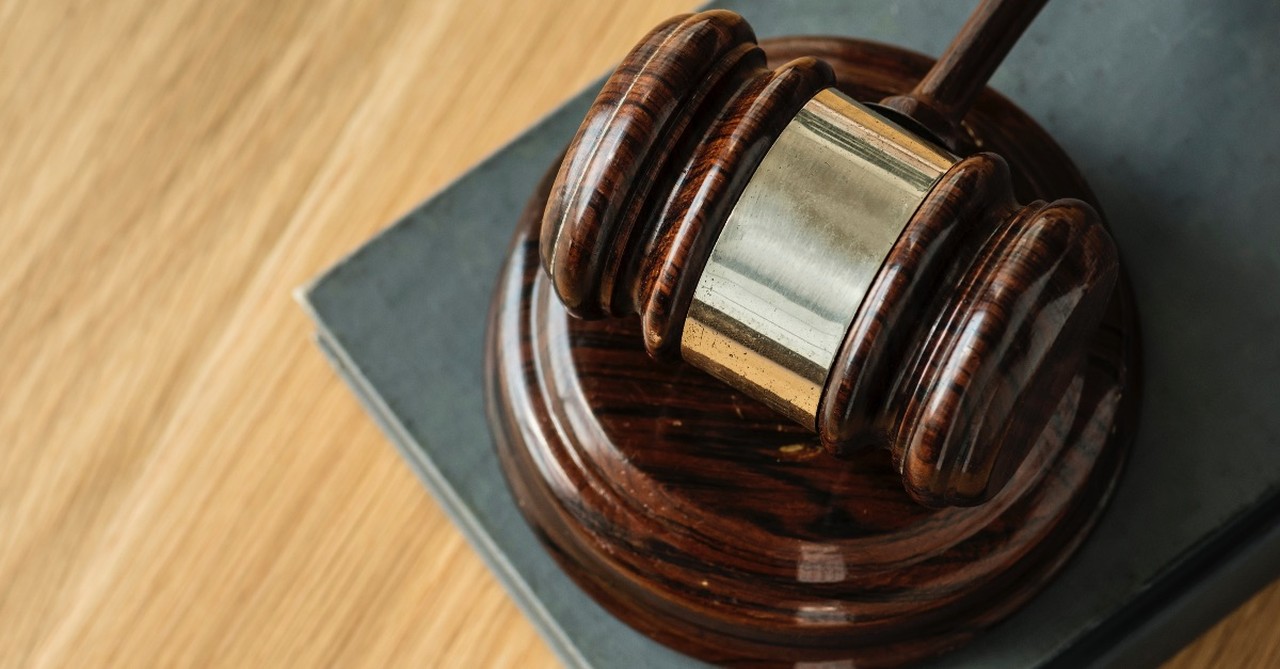
3. Recognizing Your Privilege Does Not Lessen Your Rights as a Member of Society
SLIDE 3 OF 5
Before March of 2020, many of us took for granted our ability to freely leave our homes for work, school, social outings, or even to buy the difficult-to-find toilet paper. After living through several months of lockdowns, we have gained a new appreciation for these everyday activities. Most of us have never lived through circumstances that made limiting our access to the world around us necessary.
We can agree that there is great value in being able to live life in a community without fear of illness. Our recognition of the value of these privileges only reinforces the need for us all to do what we can to ensure that everyone can live in a society that can operate without the fear of a pandemic looming overhead.
When we start to see privilege in all its forms, we are not stating that we should not have a certain right but rather we are reinforcing the value of that right for all. We should not shy back from calling out injustice because of a selfish fear that if we expand rights to everyone in our communities then we somehow lessen our place at the table.
The table is big enough for us all and our communities are stronger when we are all given the same chance to thrive.
It’s not that white, wealthy, heterosexual men shouldn’t have the best assumed of them in a job interview. It’s that everyone else with less privilege also should have the best assumed of them in a job interview.
2020 was a wake-up call to a long list of things that we took entirely for granted. Beyond the damages of the pandemic, protests, the tragic death of George Floyd, and the heartbreaking loss of other black men and women have painfully highlighted to Americans that we do not all have equal access to justice and equity.
We all should be able to live in our country without fear of the dire consequences of racism.
But, there is good that can come from our circumstances if we are willing to thoroughly examine our lives with a fresh perspective that takes privilege into account. This is a moment for us all to make note of the privileges we have been given that we maybe never took note of before.
Let’s take this time to ask God to show us how to be better stewards of what we have been given and better advocates for more fairness in our society.
Photo Credit: ©Rawpixel/Unsplash
4. Recognizing Your Privilege Does Not Lessen Your Value
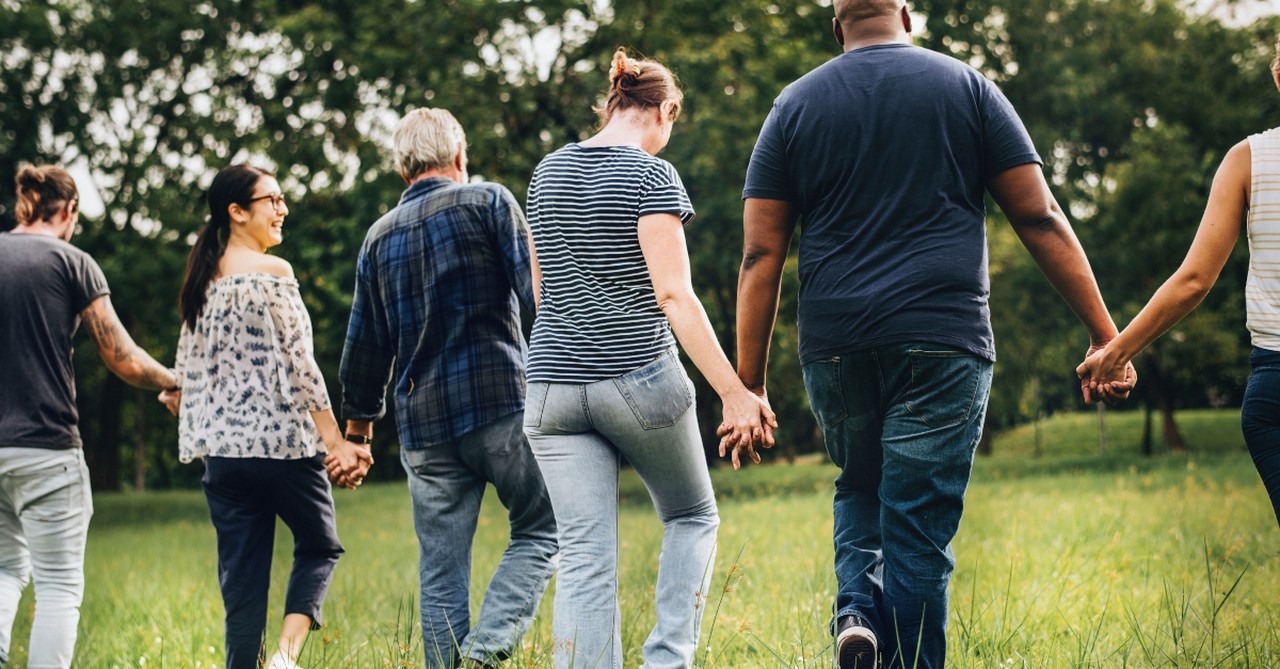
4. Recognizing Your Privilege Does Not Lessen Your Value
SLIDE 4 OF 5
Colossians 1:16 says, “For by him all things were created, in heaven and on earth, visible and invisible, whether thrones or dominions or rulers or authorities—all things were created through him and for him.” We are all created and loved by God.
Every person no matter their race, country, gender, or personality is precious in the sight of God.
Noting the ways privilege has played a part in your life does not lessen the value you have as a person made in the image of God. Calling out unfair exclusions just affirms the value of every person. Jesus desires all people to be treated with love.
So, if you are someone that recognizes the special respect that is automatically given to you because of your career—know that that privilege doesn’t make you less valuable. It should just reinforce the idea that everyone, no matter what job, should be respected that way.
It’s easy to want to push back on the ideas of privilege if you are hearing privilege as if it makes you lesser in other people’s eyes. But thankfully, that is not what privilege means.
We can all gain a sense of privilege in our lives when we start to view our circumstances with a thankful heart. Seeing ways we are specifically privileged should heighten our sense of gratitude.
I feel privileged to be the mother of my beautiful children. I am so thankful God gave them to me. You may feel privileged to have had the chance to meet someone you admire, to have the chance to make friends with a kindred spirit, or even to have access to air-conditioning during the hot summer months.
The recognition of these more simple privileges that we have access to in our lives only helps to better cultivate a heart of gratitude and mindfulness about what we do have.
Photo Credit: ©Getty Images/Rawpixel
Recognizing Privilege and How it Works Should Spark Change in How We Live
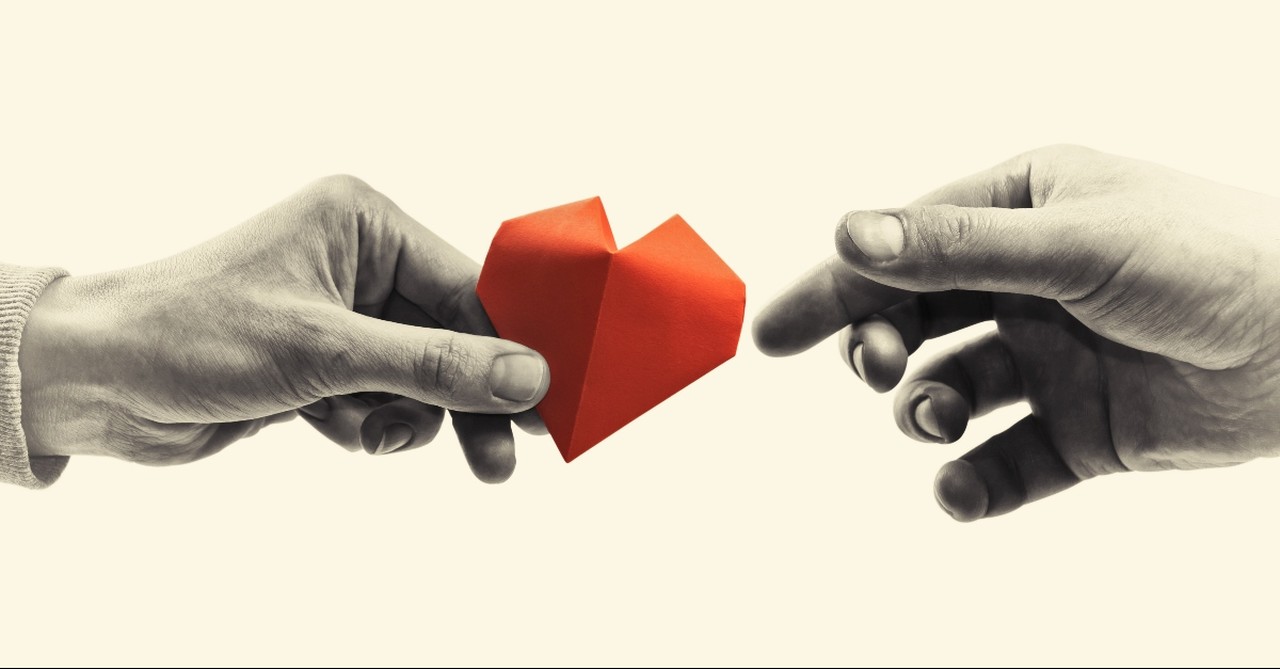
Recognizing Privilege and How it Works Should Spark Change in How We Live
SLIDE 5 OF 5
Recognition of our special access and rights also should spark a passion in us to see the systems that promote oppression and bias change in our world.
The Devil desires to keep us blind to these issues because it is his mission to steal, kill, and destroy wherever and whenever he can. If we don’t recognize the privileges we have at others’ expense, then we won’t stop ourselves from continuing to take unknowingly take advantage.
God’s mission is just the opposite! He wants us to speak up for those who find themselves at a disadvantage. Proverbs 31:8 says, “Speak up for those who cannot speak for themselves, for the rights of all who are destitute.” We have a responsibility to use our privilege, access, and rights to speak for those who lack the same standing.
Matthew 25:40 says, "The King will reply, 'Truly I tell you, whatever you did for one of the least of these brothers and sisters of mine, you did for me.’”
Let’s take off our blinders as a society and start to open our eyes and hearts to the least of these in our communities.
God sees the oppressed and Scripture reveals that His heart is unequivocally for them. As Christ-followers we are judged by our response to those who need our help. Let’s follow after the heart of God and use our voices to be advocates for change in our society—and start with boldly recognizing our privileges and how we can use them for to lift up others.
Photo Credit: ©iStock/Getty Images Plus/SvetaZi

Originally published July 01, 2020.



